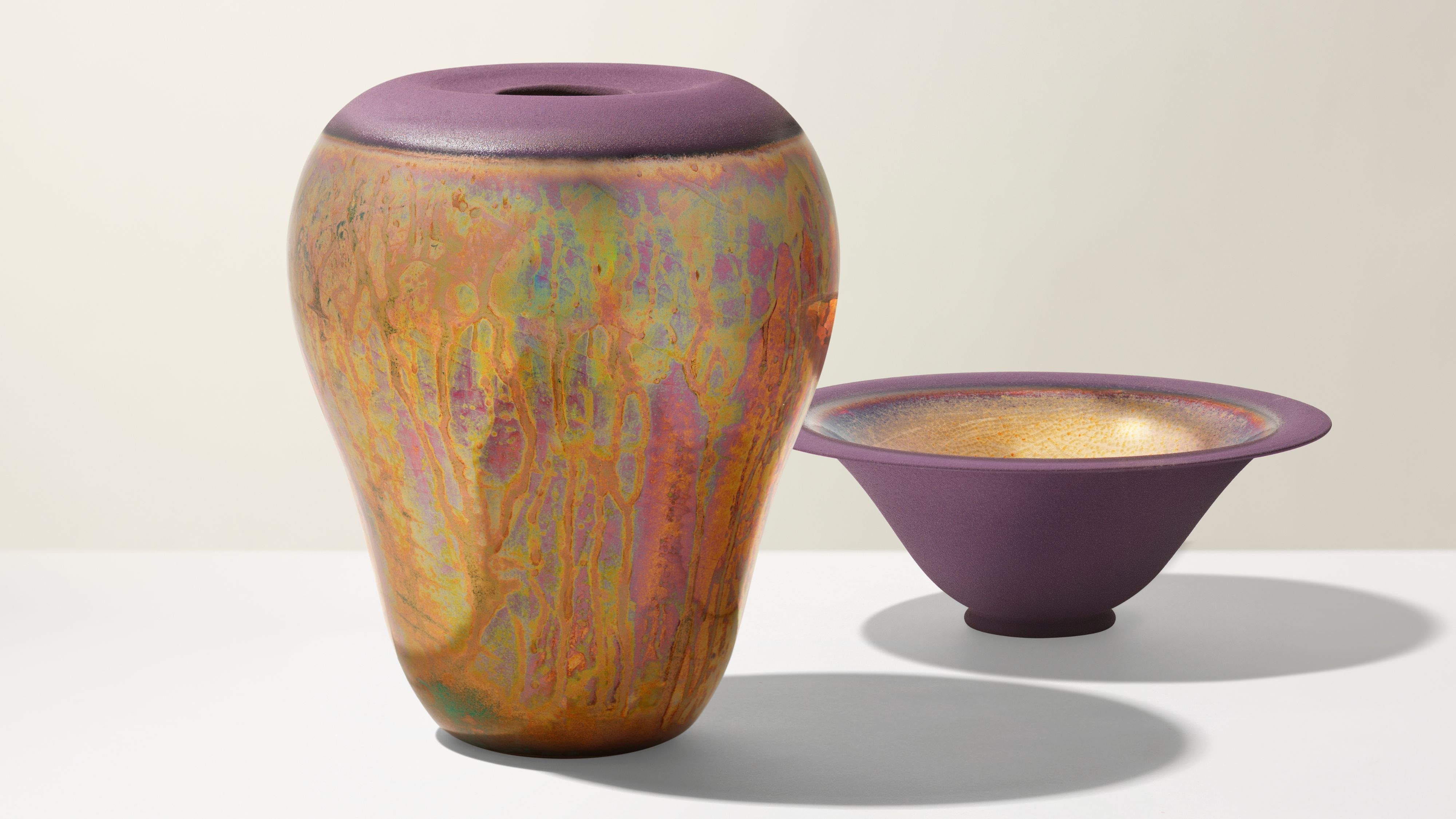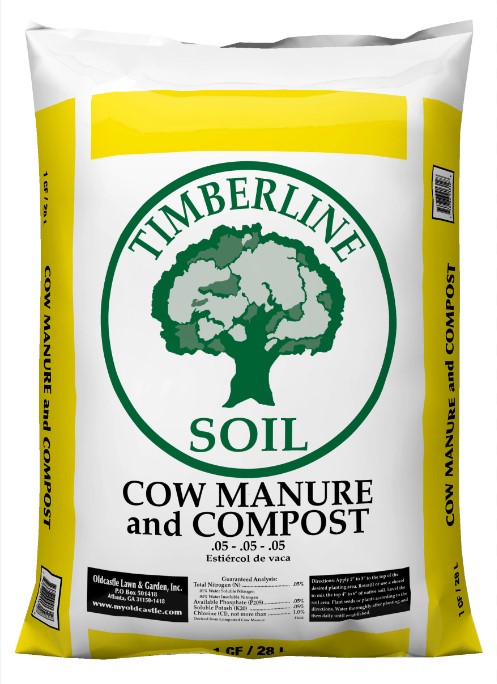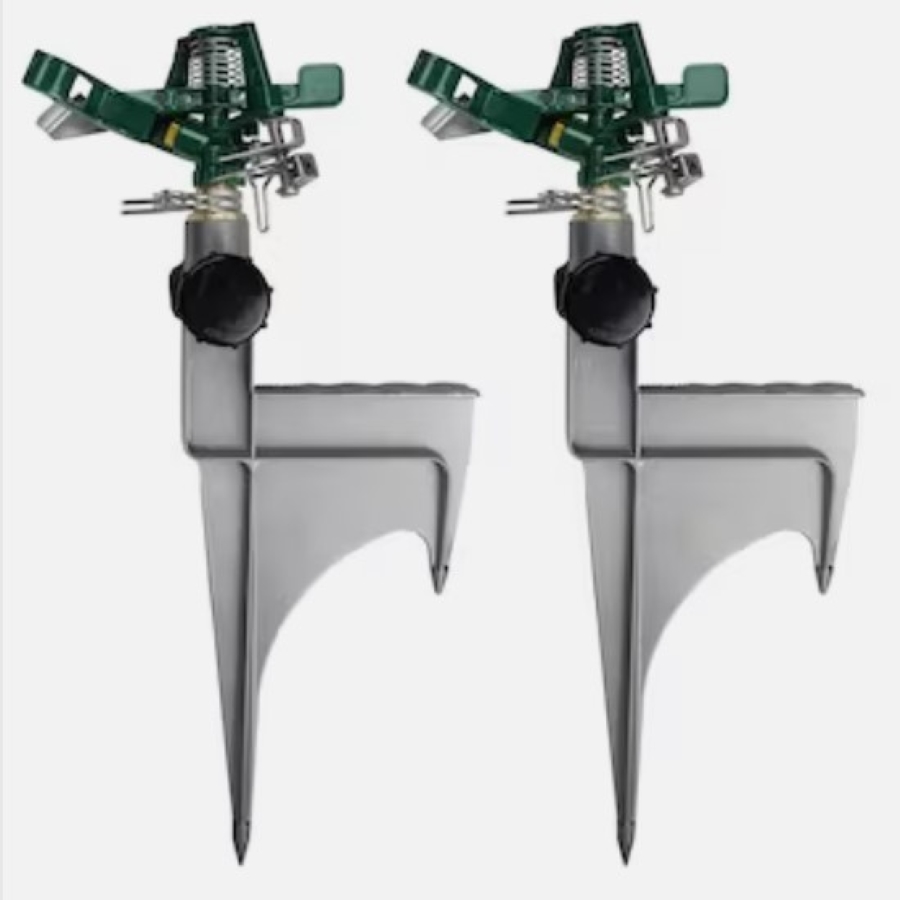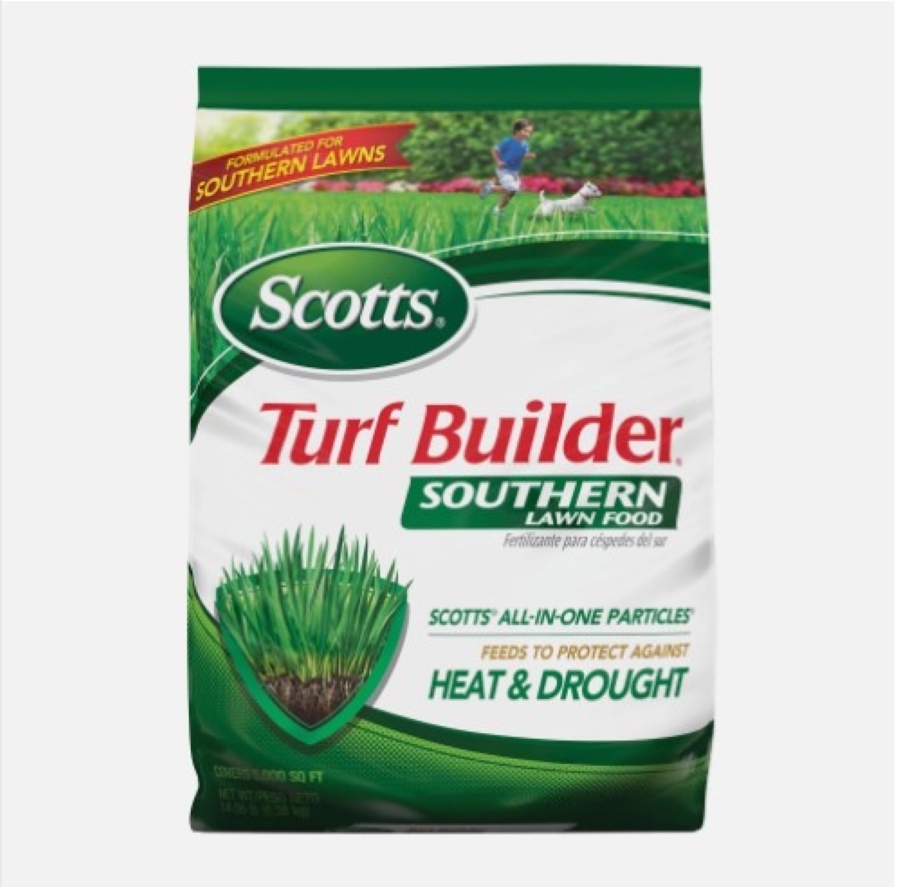Drought-tolerant lawns – garden experts reveal how to keep your lawn healthy when the forecast is hot and dry
Check out these 5 top tips to help your grass during a heatwave


This heatwave that's blighting much of the US is showing no signs of slowing down and there is only one thing that is suffering from the heat more than us right now, our grass. If you are frantically searching for how to save your lawn in hot weather you will probably have learned that prevention is the key.
It is never too late to start creating a drought-tolerant lawn, but the quicker you get started the better. Our experts have revealed their top 5 tips for creating and maintaining a healthy lawn in your modern garden throughout summer that can withstand the summer sun.
Even if we can't tolerate the heatwave, there are ways to keep your lawn healthy. Say goodbye to crunchy grass when you put this technique in place and save your lawn this season.
Is it possible to create a drought tolerant lawn?
'Creating a drought-tolerant lawn is possible' says gardening expert Tony O'Neill, 'although it often relies on choosing the right grass species. ' We're listening...
With the heatwave we have been desperately searching for the best plants for a dry garden and how to care for our grass. Finally, we can learn how to make our grass resistant to a lack of water.
'Opt for native or drought-tolerant grass varieties that can withstand periods of low water. You can also incorporate drought-resistant landscaping techniques, such as xeriscaping,'.
Although we are thrilled that this is at all possible how does one go about creating a drought tolerant lawn? And what is xeriscaping?
1. Grass type
First on the agenda is selecting your type of grass. No, we didn't know there were different types either, but there are and they all have different water requirements. Some varieties provide a striking focal point to the space and are a great modern backyard idea.
'I’ve been in the landscaping game for quite a while. In my experience, creating a drought-tolerant lawn isn’t just about conserving water,' says Bryan Clayton, lawn aficionado and CEO of Greenpal. 'It's about smart gardening. Think about it: if you can have a vibrant lawn that also conserves water, why wouldn’t you?'
'First, you need to consider the kind of grass you're using. There are grass types like Bermuda and Buffalo Grass that laugh in the face of drought. These tough guys have seen some stuff and keep on thriving. Most people don't know this, but selecting the right grass variety is half the battle,' he explains.
Like all plants, different varieties have different maintenance requirements. So selecting hardy grass is important for setting you along the right path in creating a drought-tolerant lawn.
2. Mow your grass longer
Yes, you read that correctly, not mowing your lawn is the key to creating a drought tolerance. Whilst that will be music to many ears some may think it's counterintuitive. We too were skeptical, after so long of thinking a short well-maintained lawn was the key to its success to be told that actually the opposite is true in summer can be disconcerting. However, we have this on good authority so we can all sit back, relax, and enjoy our mowing break.
'If you mow your grass a tad longer, it shades the soil. This simple trick reduces water evaporation and promotes those deep, drought-resistant roots. I’ve tested this... and trust me, it works wonders,' says Bryan. This technique is also a feature of how to fix brown grass.
Now do you believe us? who knew creating a drought-proof lawn was so simple?
3. Watering technique
To create the perfect lawn there is a special way to approach watering. One that you may not be practicing. 'When you do water, do it deeply but not often.' says Bryan. 'It’s like treating your lawn to a hearty meal rather than snacks.' The frequent watering pattern you think is currently helping your grass is actually making it more needy and therefore less resistant to periods without water.
'Let me explain why this is key: Deep watering encourages those roots to grow deeper into the soil, making them more resilient to dry spells.' This is the secret to how to grow grass in hot, dry weather.
'Another couple of tips. I’ve experimented with drip irrigation, and it’s fantastic! It’s like delivering water right to your grass's doorstep. On the other hand, if you're looking to boost your soil's moisture retention, just add some compost or organic matter. It's like giving your soil a spa day.'
4. Xeriscaping
This sounds complicated, but it is really just a fancy way of saying you are creating an dry garden that requires little to no irrigation. Using this principle can be a useful way to help nurture a drought-tolerant lawn.
'Here's a golden nugget. Incorporate xeriscaping principles. To make a point, this is landscaping designed for areas that are susceptible to drought. So, it’s basically crafting a paradise that doesn’t drain our water resources,' explains Bryan.
If you design a landscape that requires little water, any water you get will be absorbed purely by the grass. It is a clever way of streamlining your minimal resources to maximize efficiencies. It is also a principle in the anti-lawn movement, which you can use to your lawns advantage instead of ridding of it entirely.
5. Soil health
Something that shouldn't be overlooked in this process is the health of your soil, which could hinder your efforts to create a drought-tolerant lawn. Just as you wouldn't expect a plant to thrive with sub-standard soil, you shouldn't expect the same from your lawn.
Having poor soil can drain your grass of its needed nutrients, which is less than ideal when it comes to maintaining a healthy lawn, especially during the summer months.
Everything you need
Be The First To Know
The Livingetc newsletters are your inside source for what’s shaping interiors now - and what’s next. Discover trend forecasts, smart style ideas, and curated shopping inspiration that brings design to life. Subscribe today and stay ahead of the curve.

Formerly a news writer for Livingetc, Amy completed an MA in Magazine Journalism at City, University of London, and has experience writing for Women’s lifestyle publications across arts, culture, and beauty. She has a particular love for the minimalist aesthetic mixed with mid-century furniture, especially combining unique vintage finds with more modern pieces. Her previous work in luxury jewellery has given her a keen eye for beautiful things and clever design, that plays into her love of interiors. As a result, Amy will often be heard justifying homeware purchases as 'an investment', wise words to live by.
-
 My 10 Favorite Designs at Milan Design Week 2025 — Out of the Hundreds of Pieces I Saw
My 10 Favorite Designs at Milan Design Week 2025 — Out of the Hundreds of Pieces I SawThere is a new elegance, color, and shape being shown in Milan this week, and these are the pieces that caught my eye
By Pip Rich
-
 Iridescence Is Chrome’s More Playful, Hard-to-Define Cousin — And You're About to See It Everywhere
Iridescence Is Chrome’s More Playful, Hard-to-Define Cousin — And You're About to See It EverywhereThis kinetic finish signals a broader shift toward surfaces that move, shimmer, and surprise. Here's where to find it now
By Julia Demer


